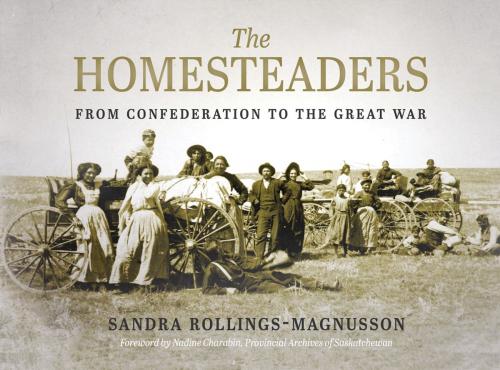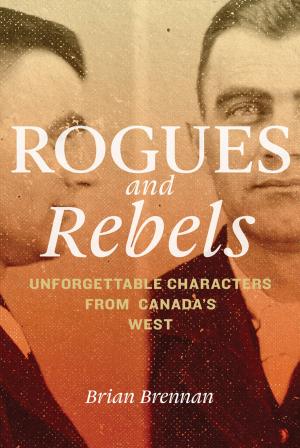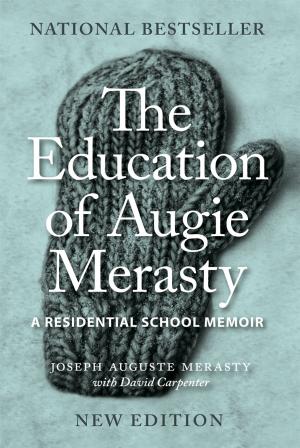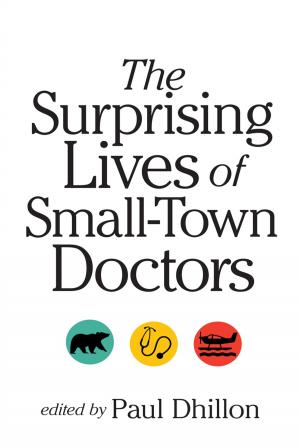| Author: | Sandra Rollings-Magnusson | ISBN: | 9780889775176 |
| Publisher: | University of Regina Press | Publication: | October 6, 2018 |
| Imprint: | Language: | English |
| Author: | Sandra Rollings-Magnusson |
| ISBN: | 9780889775176 |
| Publisher: | University of Regina Press |
| Publication: | October 6, 2018 |
| Imprint: | |
| Language: | English |
The Homesteaders covers the whole settler experience, beginning in what is now Saskatchewan during the year Canada was founded and continuing through the immigration boom preceding the First World War. Based on a remarkable collection of interviews conducted in the 1950s, settlers recount in their own words how they built a society on land ethnically cleansed of Indigenous people, something most knew nothing about. Homesteaders describe the formidable task of building the family home from sod or logs, the back-breaking labour of cropping and harvesting the fields, the patience needed when working with draught animals, and the misery of dealing with the pests that threatened their livelihood. Their reminiscences extend further as they discuss the type of food that was available, the medical practices they had to endure, and the educational experiences of their children in oneroom schoolhouses, as well as their hobbies, the books they read, the songs sang, the pets they owned, the games they played, and the local dances, picnics, weddings, and chivarees they attended during these early years.
The Homesteaders covers the whole settler experience, beginning in what is now Saskatchewan during the year Canada was founded and continuing through the immigration boom preceding the First World War. Based on a remarkable collection of interviews conducted in the 1950s, settlers recount in their own words how they built a society on land ethnically cleansed of Indigenous people, something most knew nothing about. Homesteaders describe the formidable task of building the family home from sod or logs, the back-breaking labour of cropping and harvesting the fields, the patience needed when working with draught animals, and the misery of dealing with the pests that threatened their livelihood. Their reminiscences extend further as they discuss the type of food that was available, the medical practices they had to endure, and the educational experiences of their children in oneroom schoolhouses, as well as their hobbies, the books they read, the songs sang, the pets they owned, the games they played, and the local dances, picnics, weddings, and chivarees they attended during these early years.















